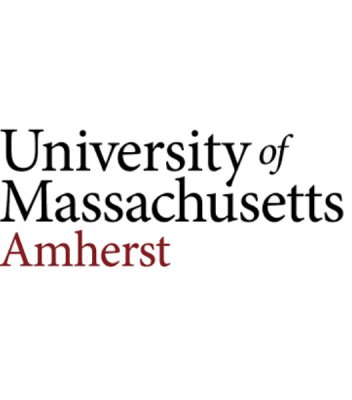Nathan W. Chan
Professor of Resource Economics University of Massachusetts Amherst
- Amherst MA
Nathan Chan uses economic methods to examine challenges in environmental management and energy policy

University of Massachusetts Amherst
View more experts managed by University of Massachusetts Amherst
Expertise
Biography
His research finding that donors who feel upbeat are more likely to give to charity garnered widespread national attention including in The Washington Post, Fortune and U.S. News and World Report.
Social Media
Education
Yale University
Ph.D.
Environmental and Natural Resource Economics
Yale University
M.Phil.
Environmental and Natural Resource Economics
Columbia University
M.P.A.
Environmental Science & Policy
California Institute of Technology
B.S.
Engineering and Applied Science, English
Select Recent Media Coverage
People who donate to charity seem to have one thing in common
Quartz online
2023-08-04
“There’s a large amount of literature investigating whether being charitable makes people happier, or whether being happier makes people more charitable. Our paper offers new evidence for the latter,” said Chan in a news post on the UMass Amherst website. The study may be the first of its kind documenting the philanthropic “preheating” phenomenon outside of a controlled environment.
UMass prof finds ‘being happier makes people more charitable’ in new research
MassLive online
2023-06-29
New research shows that positive moods produce greater generosity. Nathan Chan, associate professor of resource economics at the University of Massachusetts Amherst, and Casey Wichman, assistant professor in Georgia Institute of Technology’s School of Economics, discovered this connection by analyzing millions of tweets posted by thousands of people who donated to Wikipedia over the course of six months.
Select Publications
Donors who feel upbeat are more likely to give to charity
The ConversationNathan W. Chan and Casey Wichman
2023-07-14
When people feel happier, they’re more likely to donate to charity. That’s what we, two economists who study what motivates environmentally conscientious consumption and support for free services, found in a new study published in The Economic Journal.
Preheating Prosocial Behaviour
The Economic JournalCasey J Wichman and Nathan W Chan
2023-06-06
We provide new evidence on motivations for voluntary contributions to public goods in a natural setting. Using natural-language processing on users’ Twitter posts, we measure revealed sentiment changes before and after making a donation to Wikipedia. We find strong evidence that sentiment improves in the hour and minutes directly before contributing, which we call ‘preheating.’ Results are robust to alternative fixed effects and approaches to inference, and supported by a complementary online experiment with randomised mood inducement among Twitter users. Preheating suggests that affective states influence giving, in addition to reward-seeking, utility-maximising behaviour that has been documented in other contexts.
The effects of climate change on outdoor recreation participation in the United States: Projections for the 21st century
Weather, Climate, and SocietyNathan Chan et al
2023-06-26
Climate change is expected to impact individuals’ recreational choices, as changing temperatures and precipitation patterns influence participation in outdoor recreation and alternative activities. This paper empirically investigates the relationship between weather and outdoor recreation using nationally representative data from the contiguous United States. We find that across most outdoor recreational activities, participation is lowest on the coldest days (

